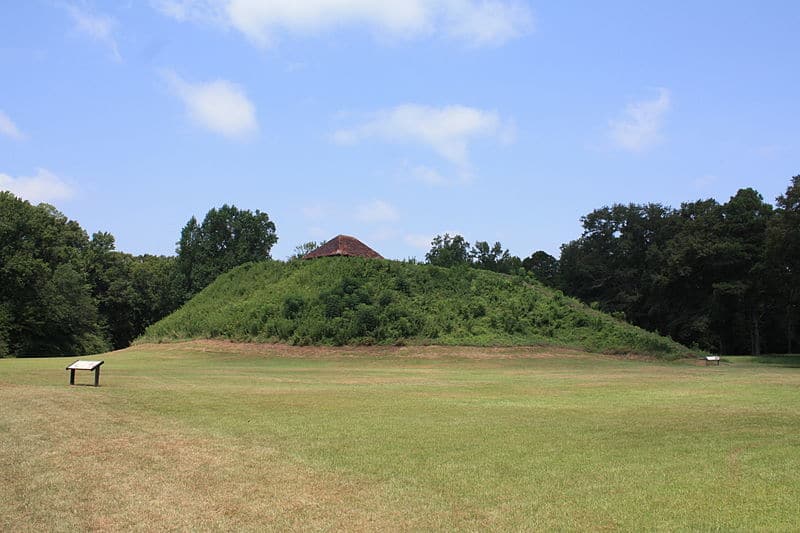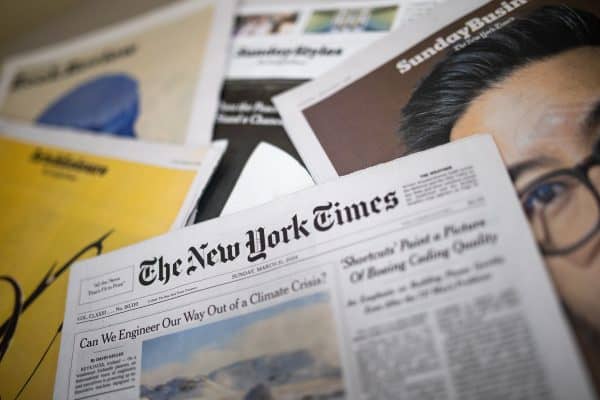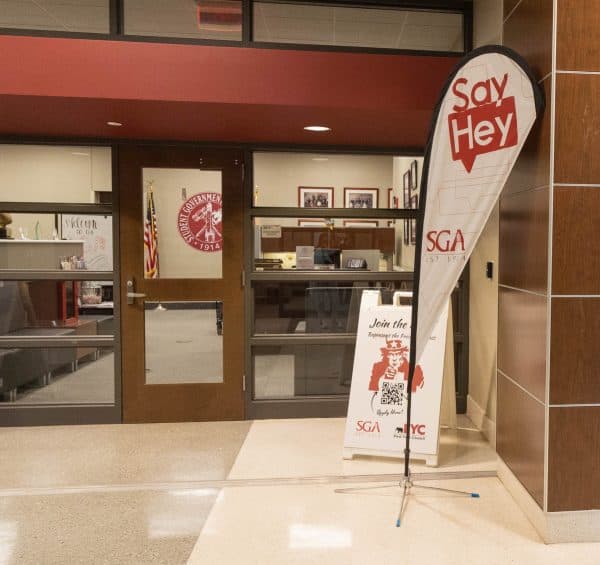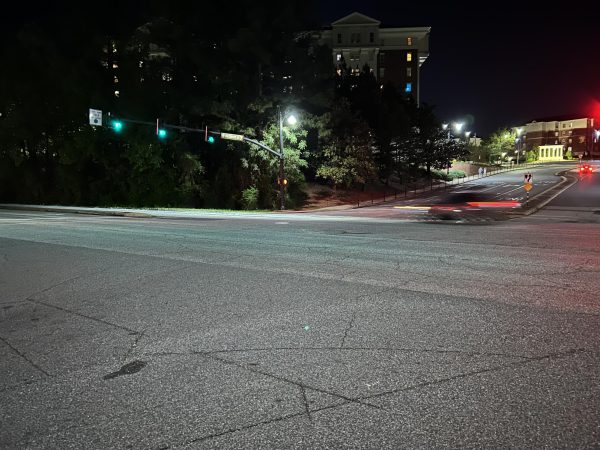UA confirms Muscogee remains kept in bags, claims the ‘preferred method’
February 17, 2022
“University of Alabama Museums have skeletons in their closets — literally,” a Native News Online article claimed in December. A month later, the University confirmed that Muscogee tribe members’ remains are kept in paper bags, claiming this is the proper storage method.
The Muscogee Creek Nation originally occupied land across the south, including much of Alabama. A majority of Muscogee people now reside in Oklahoma following the 1830 federal eviction, or Trail of Tears.
It was not until 1984 that the Poarch Band of Creek Indians, a Muskogean-speaking tribe formerly known as the Creek Nation East of the Mississippi, received federal recognition. They are now the only federally recognized tribe in Alabama.
Seven Muskogean-speaking tribes claim to have over 5,800 artifacts currently in the University’s possession.
On Dec. 1, 2021, a federal committee ordered the University to return all remains and funerary objects of the Muscogee Nation found in Moundville Archaeological Park to the tribe.
“The Review Committee finds, based on the evidence before it, that there is a preponderance of the evidence for cultural affiliation between the human remains and funerary items, originating from, and adjacent to, Moundville and the Muskogean-Speaking Tribes,” the committee’s official ruling said.
The petition was filed by seven tribes in fulfillment of the Native American Graves and Repatriation Act, a federal law passed in 1990 mandating that any federally funded institutions return found remains and artifacts to their original tribes.
“We have requested the return of our ancestors for years, and the excuses for delay are over,” Muscogee Nation Principal Chief David Hill said in a statement. “With the finding that the remains and funerary objects discovered in Moundville are culturally affiliated with the seven tribes that have petitioned for their return, there is no reason to wait any longer. The time has come for our ancestors to rest in peace.”
G. Christine Taylor, the University’s vice president and associate provost for diversity, equity and inclusion, said plans are in place to work with Native tribes.
“The University’s archeologists and museum staff are working closely with the tribes on the repatriation claims,” Taylor said. “Our Office of Diversity, Equity and Inclusion partners with Indigenous people and regional tribes — affiliations developed through the outreach staff at Moundville — on a wide variety of discussions and programming, including activities like those planned during Native American Heritage Month each year, for example.”
UA spokesperson Shane Dorrill did not provide information on whether the remains and funerary objects have been successfully excavated in accordance with the law.
The United States Department of Interior is authorized to issue fines between $1,000 and $3,000 to any agency or institution that does not comply with the federal law.
While some objects are on display at the Moundville museum, others are being stored using methods some Muscogee people find inappropriate.
“Today, UA’s osteological collections are housed in conservation-approved materials (acid-free paper bags), and secured in enclosed metal cabinets in an access- and temperature-controlled building,” Dorrill said.
Dorrill said this form of keeping remains is standard.
“The use of paper bags for storage of human remains has long been the preferred method, accommodating various sized items, concealing visibility, maintaining appropriate storage conditions, and minimizing handling,” Dorrill said. “The use of paper bags follows the National Institute of Standards and Technology’s Handbook on Biological Evidence Preservation.”
Dorrill cited the handbook’s recommendation of paper bags for storing remains. Page 16 says to “use paper bags, manila envelopes, cardboard boxes, and similar porous materials for all biological evidence.”
Dorill did not confirm the exact location of these items, or whether or not they are publicly accessible.
Questions? Email the news desk at [email protected].











